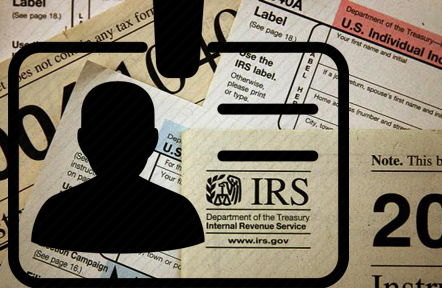Bringing Undocumented Workers Out of the Shadows is a Win-Win
 Authored by Stan Marek and originally published on houstonchronicle.com
Authored by Stan Marek and originally published on houstonchronicle.com
The promise of work is a powerful magnet that draws immigrants to the U.S. — and it’s also what makes the situation at our border so unrealistic to control under our current laws.
Our birth rate is declining, and our economy is growing — meaning that we need workers. If a person is able to get across the border, legal or not, they can find a job the next day.
If an ID is needed to be hired, they can be found at flea markets or online (check it out). Few are going to check the ID’s validity because most employers aren’t required to do so.
I run a construction company. In my industry, for tax purposes, many companies classify craft workers as independent subcontractors, rather than employees. That eliminates the need for filling out a Department of Homeland Security I-9 form (proof of citizenship), and the employer doesn’t have to pay or match payroll taxes.
This misclassification issue was tested in the courts by Uber and Lyft, and the IRS came out the loser. Many industries are paying their former employees as independent subcontractors. The result is that the person shows no proof of citizenship, and doesn’t pay payroll taxes like an employee.
As long as this practice, and the lack of a required ID, prevails, we will find it almost impossible to stop the surge at the border. The magnetic pull of jobs is so strong, people will keep coming illegally until we change the rules. That will not happen in our political system unless businesses, big and small, demand a change.
It’s not popular to ask that business owners and their boards acknowledge that, outsourced or not, a portion of the workforce is undocumented — the people who clean, landscape, and build their buildings. But it’s time for businesses to step up. If business doesn’t demand change — demand that they themselves be held accountable — then nothing will change.
A common-sense solution that would be a great start is a policy proposal called ID and Tax. It gives employers the ability to hire undocumented workers who have been in the U.S. for over five years if they can pass a background check and agree to work as an employee and pay payroll taxes. In exchange, the government would issue a “worker permit” good for three years, and which can be renewed if all conditions of employment are met. It is not a path to citizenship, or a way to get welfare, but it allows its holder to get a driver’s license and to come out of the shadows.
For the right, that’s amnesty. For the left, it’s not enough. But it would start the process of identifying the millions of people who are already here. That’s vital for national security, and must be done before we can control our borders.
ID and Tax would also ease our labor shortage. Along with re-opening the executive order called Deferred Action for Childhood Arrivals, it would make eligible for employment millions of workers who are already in the country, have training in skills that are badly needed, and would contribute billions to our Social Security system each year. It’s a win-win for Americans and would cost little to implement.
For both Republican and Democratic elected officials, immigration is an effective political wedge issue. So neither party has an incentive to change our system.
But if we as citizens and business leaders really want to solve this immigration crisis, now is the time to ask our elected officials to act.
Stan Marek is chairman and CEO of the construction company MAREK








